
Petr Kratochvil
publicdomainpibtures.net
The day after Thanksgiving in the United States has been called Black Friday for quite a long time, yet its origins are somewhat confusing owing to some clever remaking of the day by the retailers.
Its historical origins had nothing to do with Thanksgiving but a financial crisis in 1869. On 23 September 1869 a crash occurred in the U.S gold markets that was likely triggered by the actions of Jim Fisk and Jay Gould who tried to buy up as much gold as they could. In doing so, it drove the price of gold sky-high allowing them to sell at a huge profit. When their actions became known, it sent the gold market crashing down but also spread to the stock market resulting in bankers and farmers losing substantial sums of money. Thus, that date on a Friday became known as Black Friday.
The link to retail appears to come from a story about making huge profits on the day after Thanksgiving. In origin story, retailers lived on or near the infamous red line. That red line means they are operating at a near loss or in fact “in the red” meaning they were not making profits. The day after Thanksgiving brought in so many shoppers that they went into the black (meaning making profits), so it became known a Black Friday. While this version is somewhat accurate in that many retailers looked forward to the start of the Christmas season to generate high revenues, it is not the origin of Black Friday either. Shopping on the day after Thanksgiving, often considered the start of the Christmas season in the United States, does give an indicator as to what consumers are willing to spend If the economy is good. On the other hand, if the economy is not doing well people may not spend much and only buy things they need and items on sale.
There are some who believe it has ties to racism on Southern plantations in the 1800’s. According to this story, it is claimed that owners would buy slaves at a discount on the day after Thanksgiving. This has led to some in the African American community to call for the boycott of stores on Back Friday. Except there appears to be no basis for this story. So far nothing has been found to show that slave auctions of this kind took place the day after Thanksgiving in that era. Like misinterpreting the word picnic as racist (picnic comes from a French word about eating outside and has nothing to do with race), this appears to have been created to fit someone’s perspective on the origins of the day.
The modern use of the term in fact comes from the 1950’s and from the city of Philadelphia. Police called it Black Friday to describe all the chaos that ensued from shoppers racing to shop before the Army-Navy game that was held on Saturday. The bedlam was so bad that no day off was granted to police on this day to deal with the hordes of cars and people in the city. Another factor was that criminals would take advantage of the large crowds to steal wallets, purses, and of course shoplift as well. Retailers were not happy with this connotation and tried unsuccessfully to change it to “Big Friday.” This was unsuccessful, so they tried to remake the day by saying this was the day retailers needed to make a profit. This appears to have worked and the darker roots from Philadelphia have been largely forgotten.

Photo: Public Domain
By remaking the day using sales to drive people into stores, it became an event on its own that spawned other major retails days. Black Friday was marketed as a day to get great bargains and all the major retailers jumped aboard. People began lining up early and some retailers decided to open on Thanksgiving (usually in the evening) to take advantage of the desire to buy discounted items. Ironically it then created things that harkened back to Philadelphia. In recent years when stores opened to the throngs waiting outside, chaos ensued when people raced into the store to grab what they wanted. People got trampled, fights broke out between adults bickering over who was entitled to the product. Many stores started to regulate the number of people in their store at any given time. This has been somewhat successful but when a surge of people all stampede at the door, the best the security guards can do is jump aside or be trampled on.
While Philadelphia is rarely mentioned, the chaos outside usually hearkens back to it. Mall parking lots are jammed, streets are full of cars trying to get in or out, and even freeways near those shopping malls are impacted as well. Up in the air, helicopters fly overhead filming the chaos below. And in major cities or areas where crowds are enormous, the police are often around to manage as best they can the traffic and crime that is going on. The Internet has made a dent, but you must wait for the product to arrive, so it is off to the store! In recent years retailers had started opening on Thanksgiving so people could get in early. Some like Target have rethought that and now are closed for Thanksgiving Day. And that is a good sign. Thanksgiving is a special holiday that should be treated on its own. And Black Friday is all about the shopping.
Sources
What’s the Real History of Black Friday? (History.com)
Black Friday History and Statistics (BlackFriday.com)
Black Friday (Wikipedia)
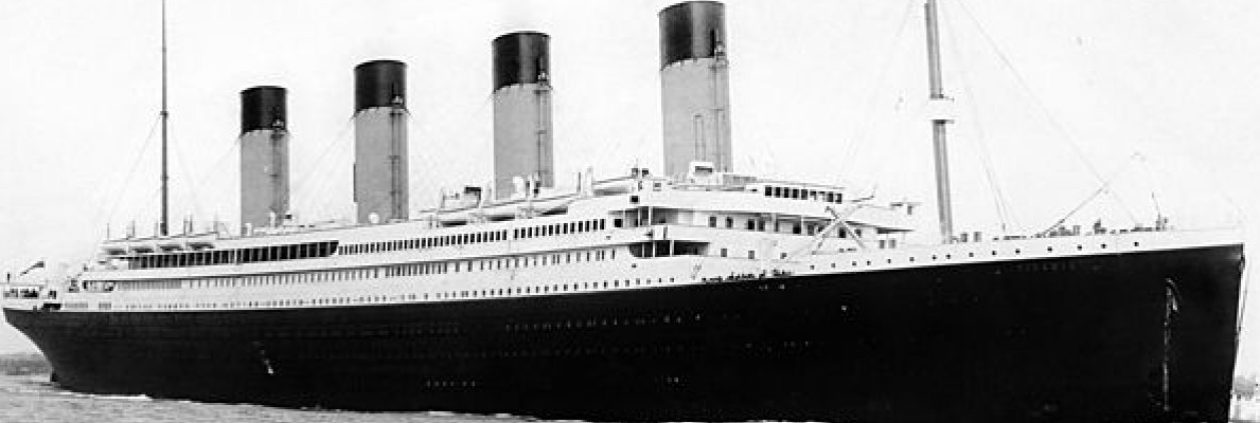
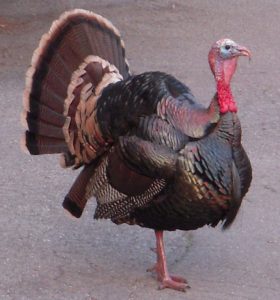
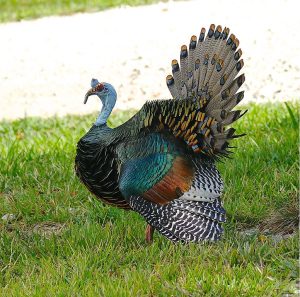
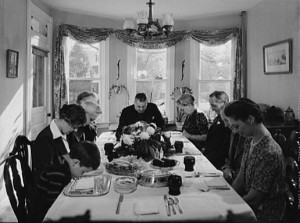
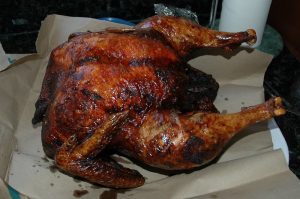
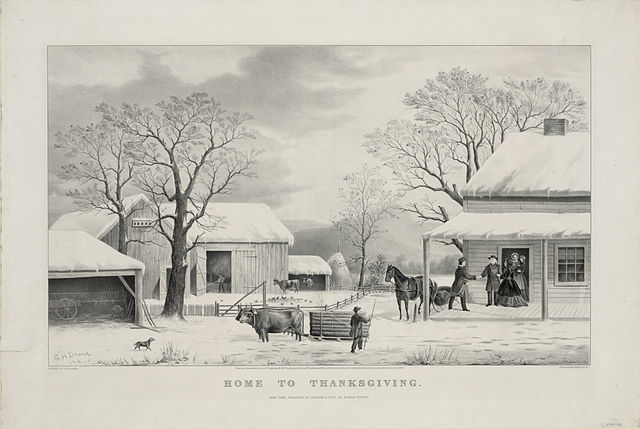
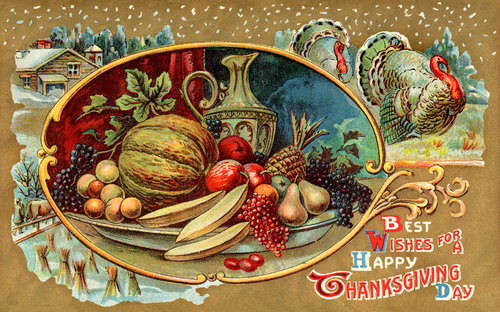
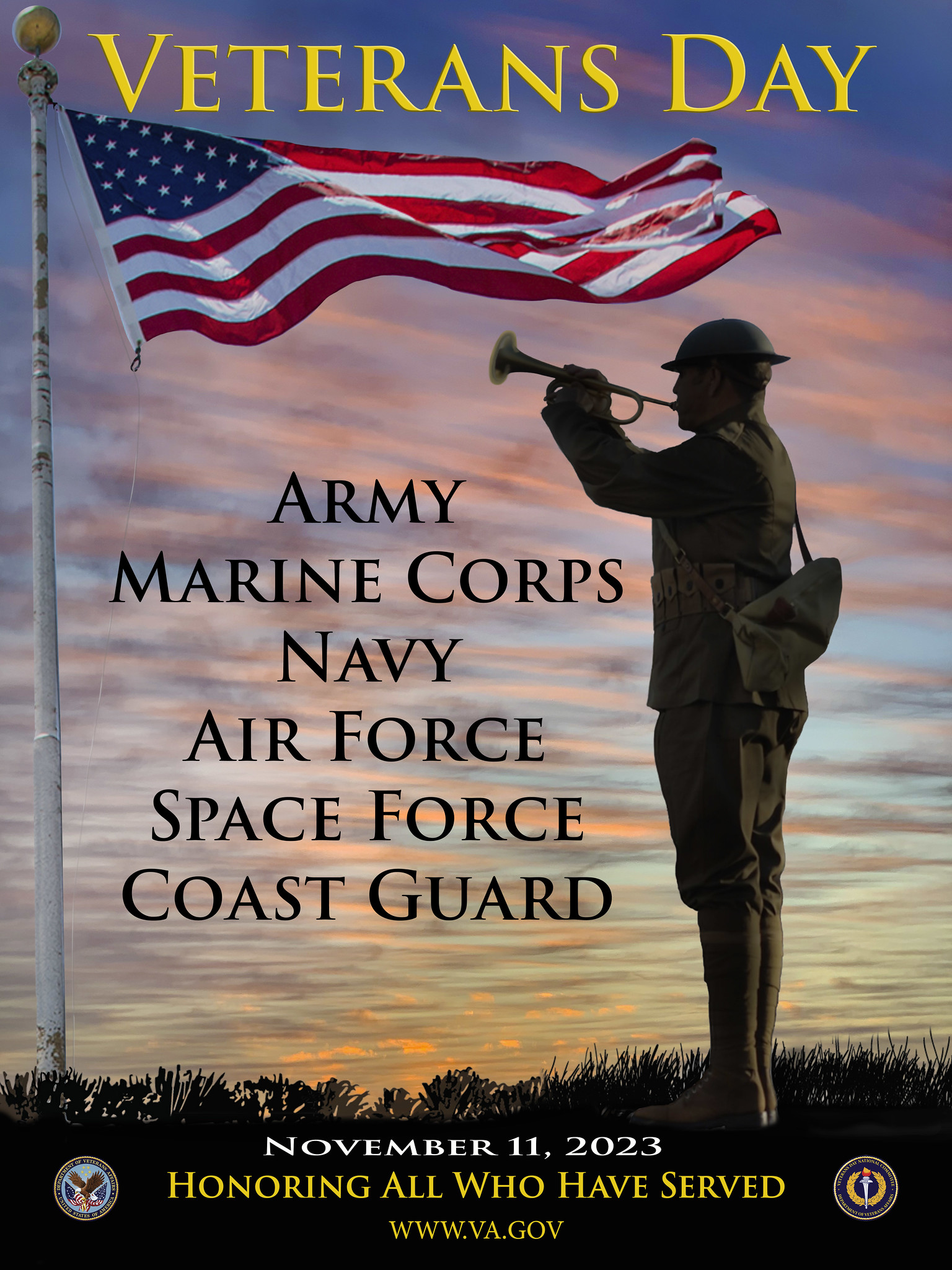
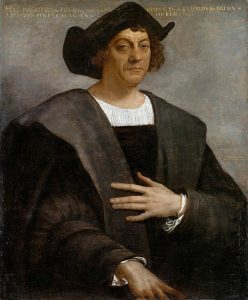








 Today is Memorial Day, a day set aside to remember those who gave all to serve this country. At national cemeteries and smaller ones around the country, flags and flowers have been placed to remember them. We also remind ourselves that freedom is not easily granted, often requires great sacrifice. President Lincoln made note of this in his famous 1863 Gettysburg Address:
Today is Memorial Day, a day set aside to remember those who gave all to serve this country. At national cemeteries and smaller ones around the country, flags and flowers have been placed to remember them. We also remind ourselves that freedom is not easily granted, often requires great sacrifice. President Lincoln made note of this in his famous 1863 Gettysburg Address:



